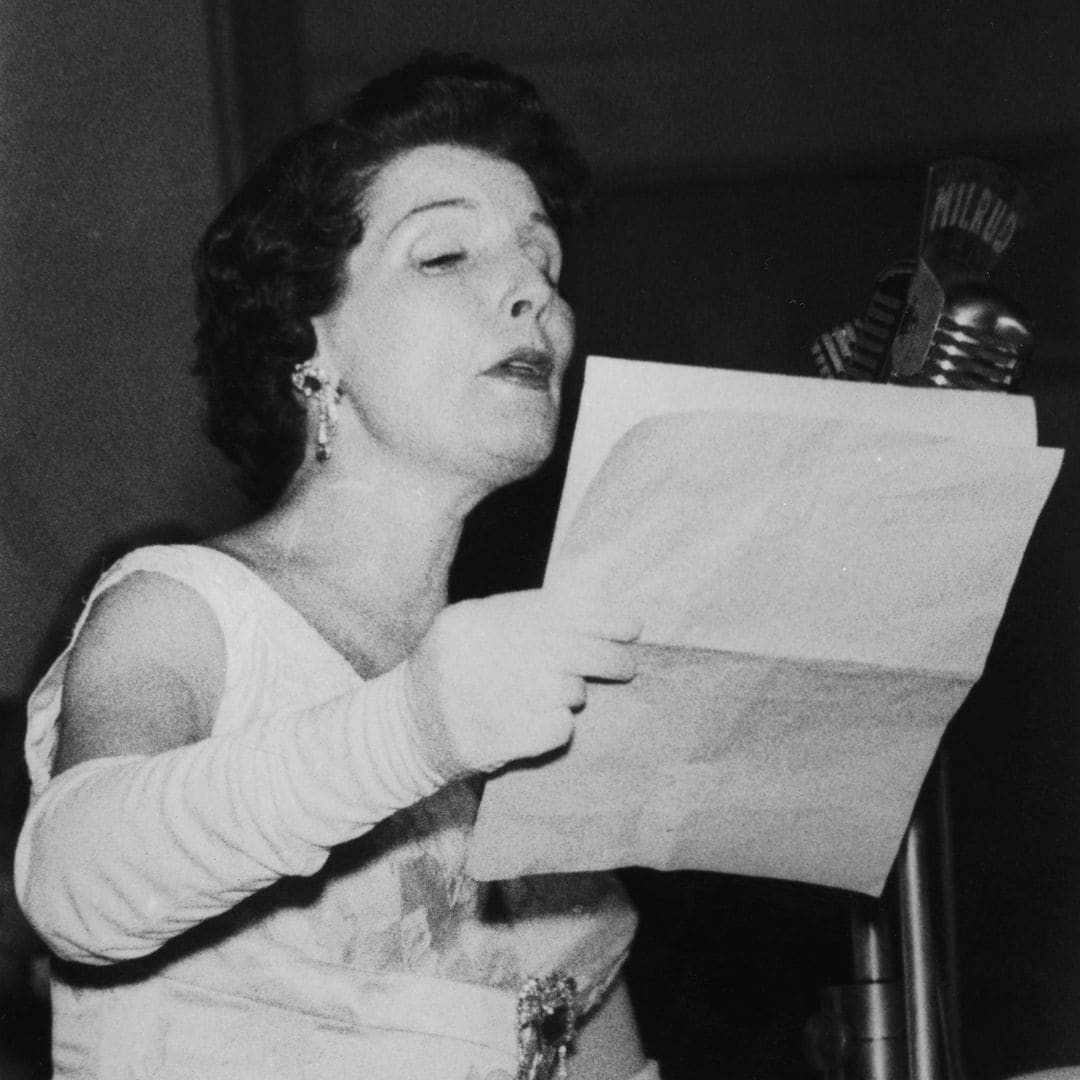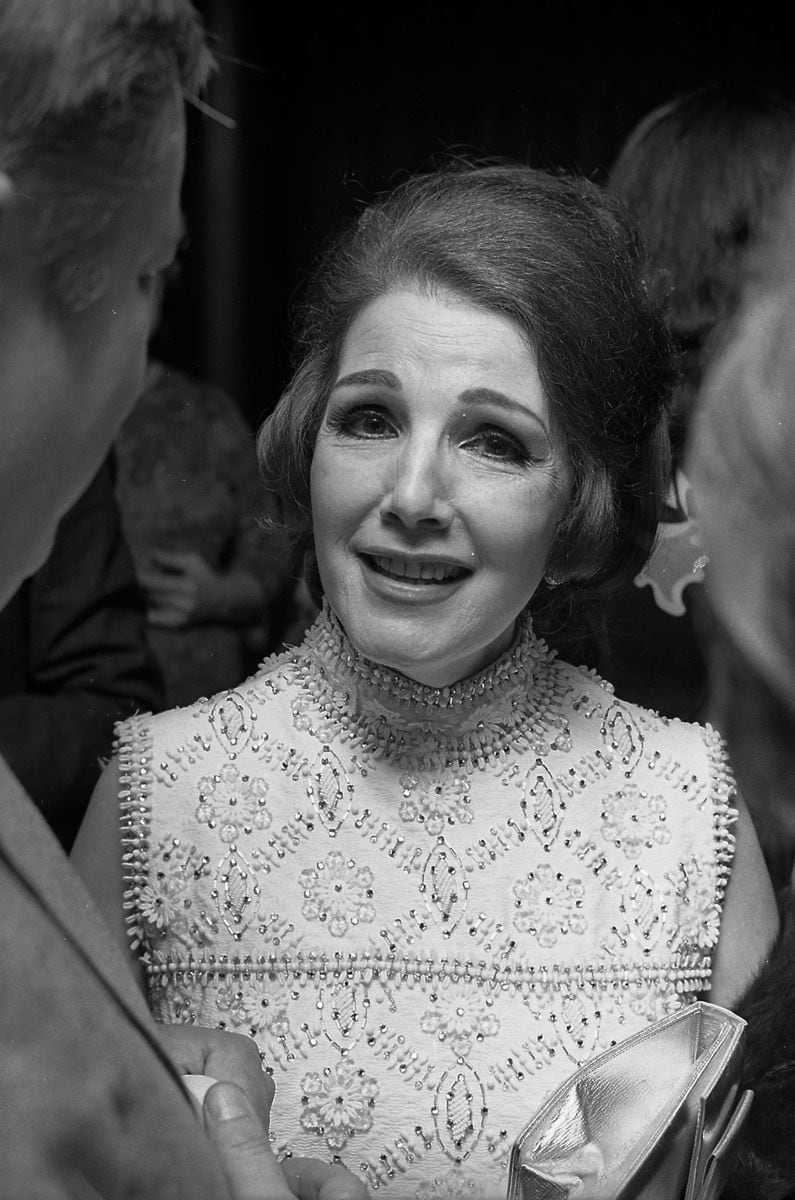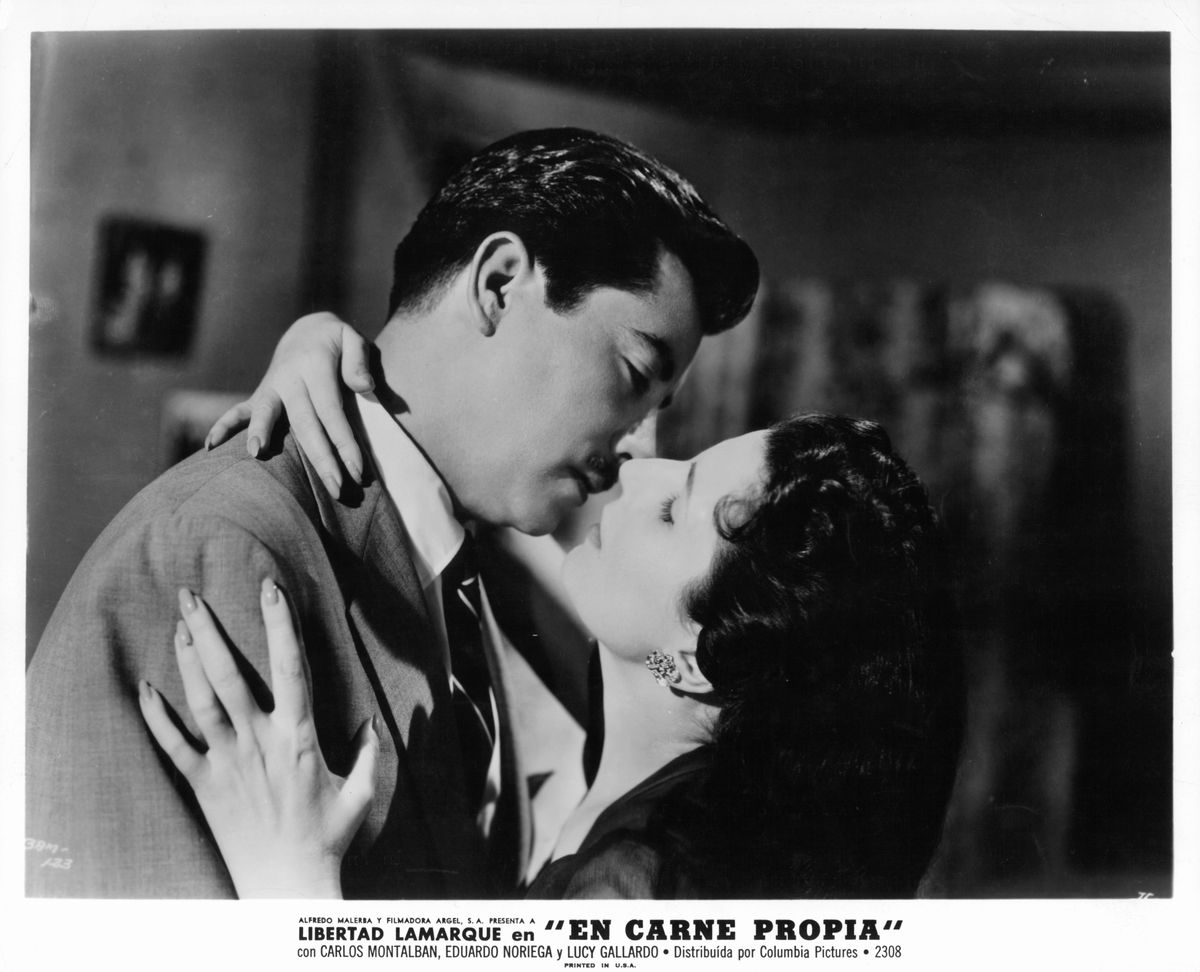Libertad Lamarque became a legendary actress and tango singer in Latin America, gaining fame at a young age in her native Argentina. She was born on November 24, 1908, in Rosario, Santa Fe, Argentina province. At 18, she debuted in theater and radio, rising to stardom for her singing talent. In 1930, she made her film debut in the silent film Adiós, Argentina, which led to numerous job offers in both theater and film.
Her work in Puerta Cerrado earned her the award for Best Foreign Actress in Croatia in 1939. She also ventured into comedy in films like Eclipse de Sol and Romance Musical in 1942.
It was around that time that Libertad, who was already one of the favorite actresses in her country, had a run-in with the actress Eva Duarte (who would later become the First Lady of the country under the name of Eva Perón). It was during the filming of The Circus Ride, in 1945, when the actresses had a difference that generated one of the most widely spread myths in Argentina, in which it was claimed that the actresses were involved in an altercation on stage, information that Libertad herself denied in her memoirs.
"That's why I wrote to deny things that were said as a result of my exile or what they called exile, because I never used it. I had nothing with her, no confrontation. On one occasion, we had to be in Eva, and I was in the shot, the camera was set up to start filming, and she didn't come. After waiting so long, she appeared, and I was very angry because I was already used to not doing my job. I was very professional. I wasn't going to say anything. I didn't even think about it. I just felt like bending over, leaning over and saying, 'Good afternoon!' And that was the only thing that happened," Libertad told presenter Mirtha Legrand in 1998.
In the late 40s, Lamarque expanded her popularity by conquering countries such as Mexico, Spain, Cuba, Venezuela, Puerto Rico, Guatemala, El Salvador, Nicaragua, Costa Rica and Panama. During this time, she adopted the nickname America's Sweetheart. After more than a decade of success abroad, the actress returned to her native Argentina to discover that there was a media blockade against her (which they attribute to her differences with Eva Perón), so she decided to pack her bags and move permanently to Mexico.
"A journalist put it on me. In Mexico, I discovered that I had already been cast as America's Sweetheart because I had become so popular and loved through my films."
In her new life in Mexico, Libertad established herself as one of the favorite actresses of the golden age of cinema. She starred in stories alongside significant figures such as Pedro Armendáriz, Jorge Negrete, and Pedro Infante, experiencing maximum success and taking advantage of the tremendous international platform that she had become. Once the Perón regime ended in Argentina, Libertad returned to her country to participate in some television productions, such as the soap opera "Amada" in 1983.
In Mexico, she also ventured into melodramas such as "La Usurpadora" in 1998 and "Carita de Ángel" in 2000, her last work. It was in the middle of this production that Lamarque died at the age of 92.
On a personal level, Libertad Lamarque married Emiliano Romero in 1926, the father of her only daughter, Mirtha Romero. The marriage ended in 1935 when he took advantage of the actress's trip to Chile to take his daughter to Uruguay, one of the most challenging moments in Lamarque's life. In Mexico, in addition to finding a new home, she was struck by Cupid's arrow with the Argentine musician, producer, and screenwriter Alfredo Malerba, whom she married in 1945 and from whom she separated in the early 90s.







